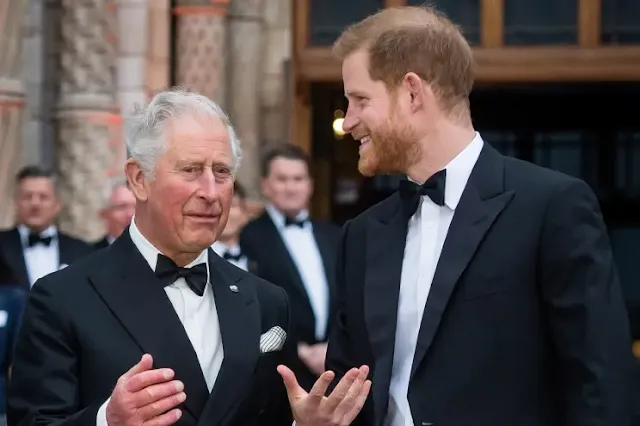King Charles's recent state visit to Kenya, a significant Commonwealth nation, holds historical weight, marking the moment when Queen Elizabeth learned of her accession in 1952. However, beyond symbolic importance, the trip has brought attention to troubling aspects of the Commonwealth's history, specifically related to alleged atrocities during the 1950s Mau Mau Uprising in Kenya.
As the head of the Commonwealth, King Charles finds himself in a delicate position. He has openly expressed remorse over the transatlantic slave trade and initiated a study to examine the Royal Family's connections to this dark period. This reflects a commitment to addressing uncomfortable historical truths.
Yet, the focus on the Commonwealth has also highlighted contentious issues within the organization. Criticism has been directed at the Commonwealth's handling of human rights abuses, particularly concerning LGBTQ+ rights. Shockingly, homosexuality remains a crime in 31 member countries, exposing shortcomings in promoting human rights and equality.
The leadership structure of the Commonwealth is under scrutiny, with King Charles's position as head raising questions. Critics argue that a hereditary former colonial power might not be the most suitable leader in today's world. Alternatives like a rotating headship pose challenges, potentially allowing countries with questionable human rights records to lead. The role of Secretary General has been suggested, but the limitations of bureaucratic leadership are evident.
Despite its flaws, the Commonwealth holds considerable value, boasting over 80 organizations affiliated with its name. Its diverse membership, with over 90% of inhabitants in Africa and Asia, makes it unique. The organization's potential lies in its unity despite internal differences, playing a significant role on the world stage, particularly in addressing urgent issues like environmental conservation.
While the Commonwealth faces criticism and controversy, it is crucial to recognize its potential for positive change. The Royal Family's symbolic role can be influential, as seen through King Charles's environmental initiatives and the legacy of Queen Elizabeth. Despite challenges, the Commonwealth remains a valuable entity, and our responsibility is to encourage its growth while advocating for fundamental values of equality, human rights, and environmental conservation within its diverse member countries.











